Heaven Can Wait (1943)
“I can safely say that my whole life was one continuous misdemeanor.”
|
Synopsis: |
|
Genres, Themes, Actors, and Directors:
Response to Peary’s Review: Peary argues that while the “film is a bit too long”, “its rewards are plenty”: in addition to its “superb” acting, he calls out the “consistently splendid dialogue by Samson Raphaelson”, noting that “every time anyone says anything, you’ll think that’s exactly what should have been said”. He cites a number of “wonderfully written, beautifully played two-character scenes”, and notes that, “this being Lubitsch’s first color film, much attention was paid to period detail and art design”. Interestingly, the film’s flashback structure — beginning and ending in a remarkably tasteful Art Deco Hell — wasn’t part of the original play upon which the film is based (Birthday, by Leslie Bush-Fekete); yet it firmly grounds this episodic story as the reflective tale of a man who feels deeply guilty for not being more faithful to his gorgeous, loyal wife (Tierney, truly stunning in Technicolor turn-of-the-century outfits). Ironically, it’s this very premise (Ameche’s enduring playboy lifestyle) that’s somewhat lacking in the film’s screenplay — perhaps to strategic effect. One’s first reaction while watching this film is, “Hey! When are we going to see some evidence of Ameche’s supposed Casanova ways?”, given that other than his nicely handled wooing of Tierney — and a later seduction scene with a young chorus girl (in which all is not what it seems): — we really don’t see adult Ameche playing the field at all. Instead, we’re a witness to his extreme devotion to Tierney over several decades — a devotion which belies his own belief that he’s somehow sullied their marriage enough to merit a permanent spot in Hell. And perhaps — as Peary suggests — that’s the film’s essential point. Redeeming Qualities and Moments: Must See? Categories
Links: |
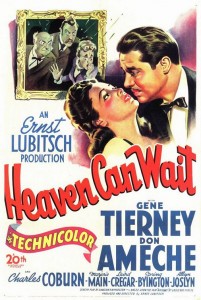
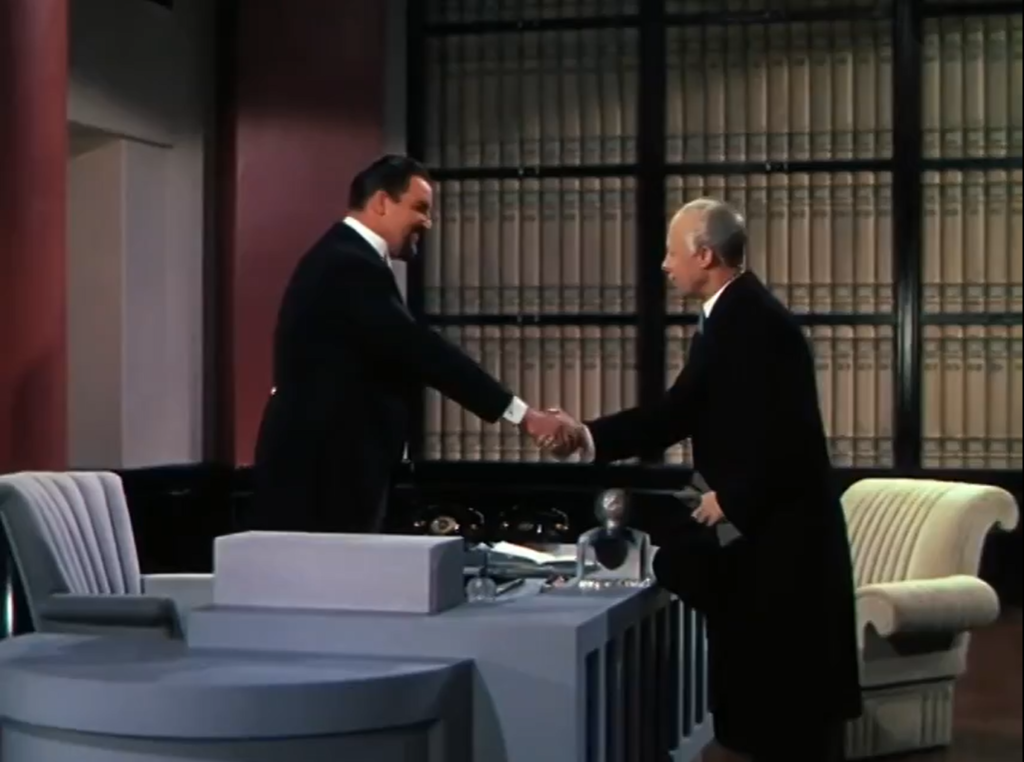
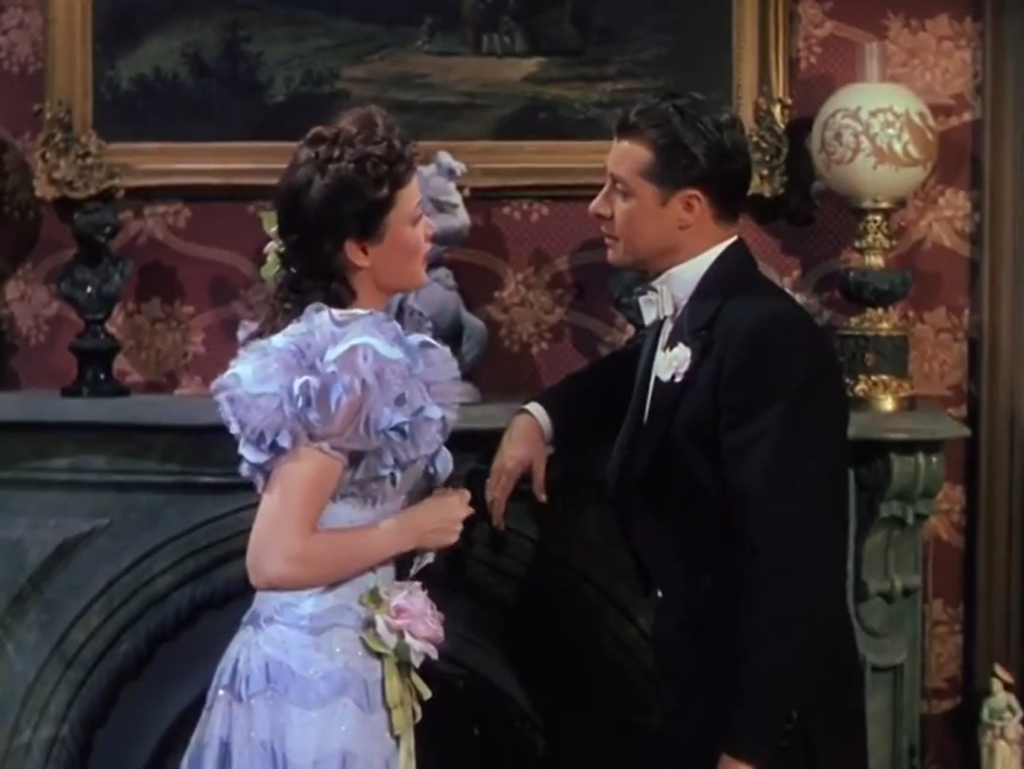

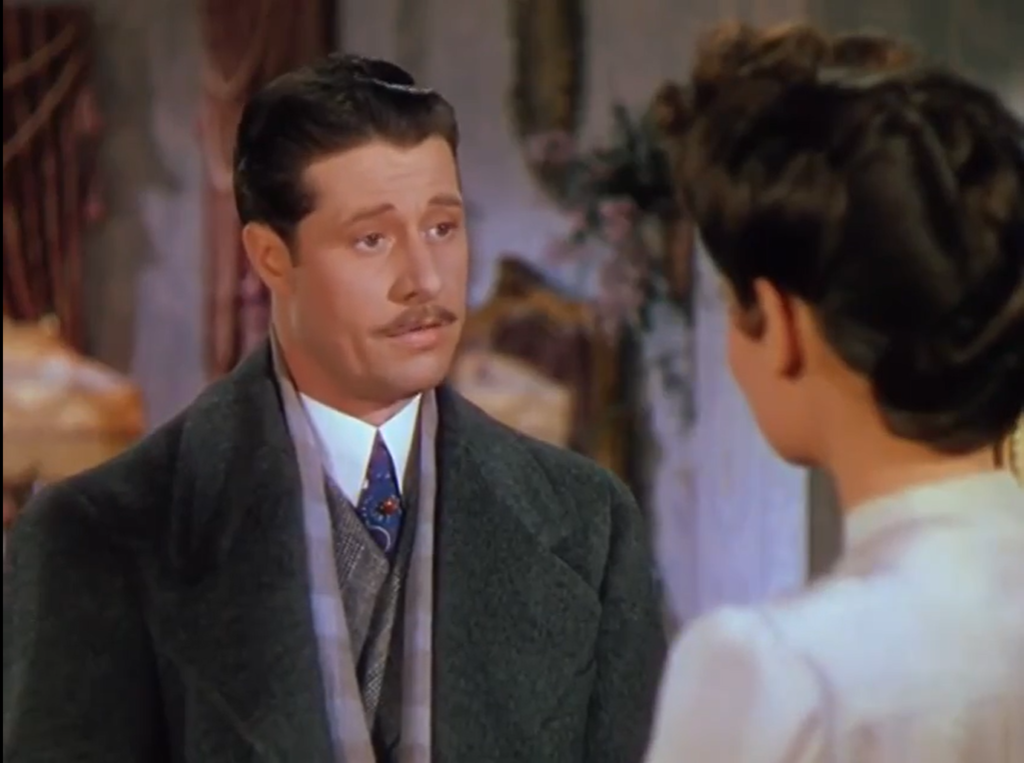
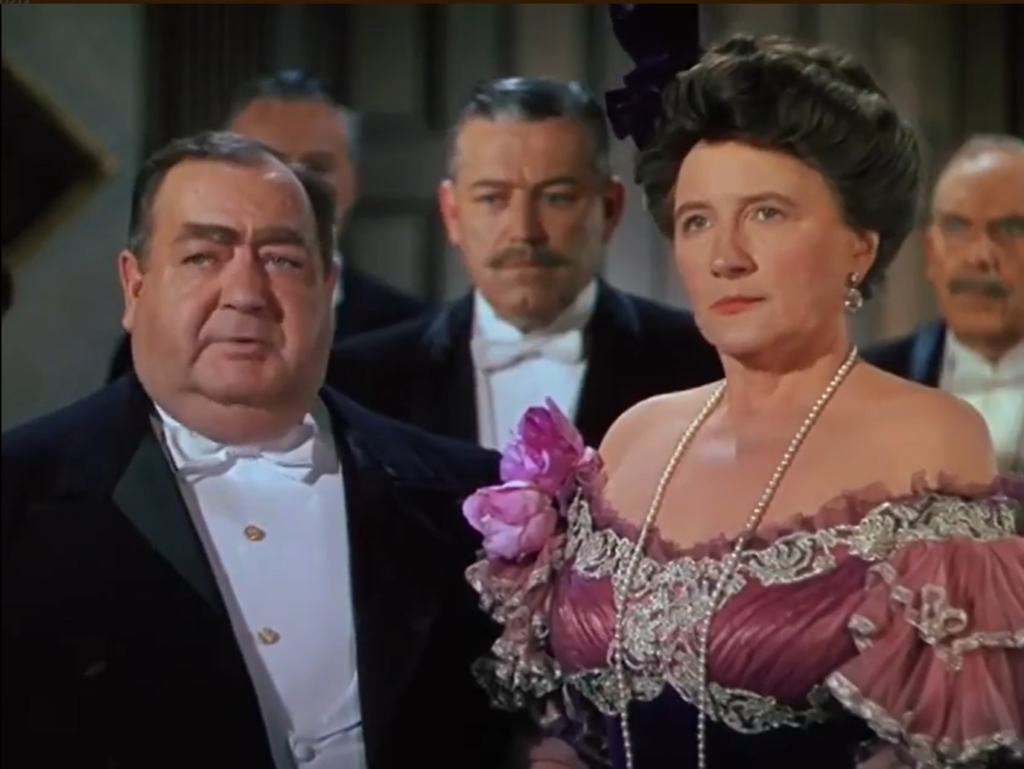
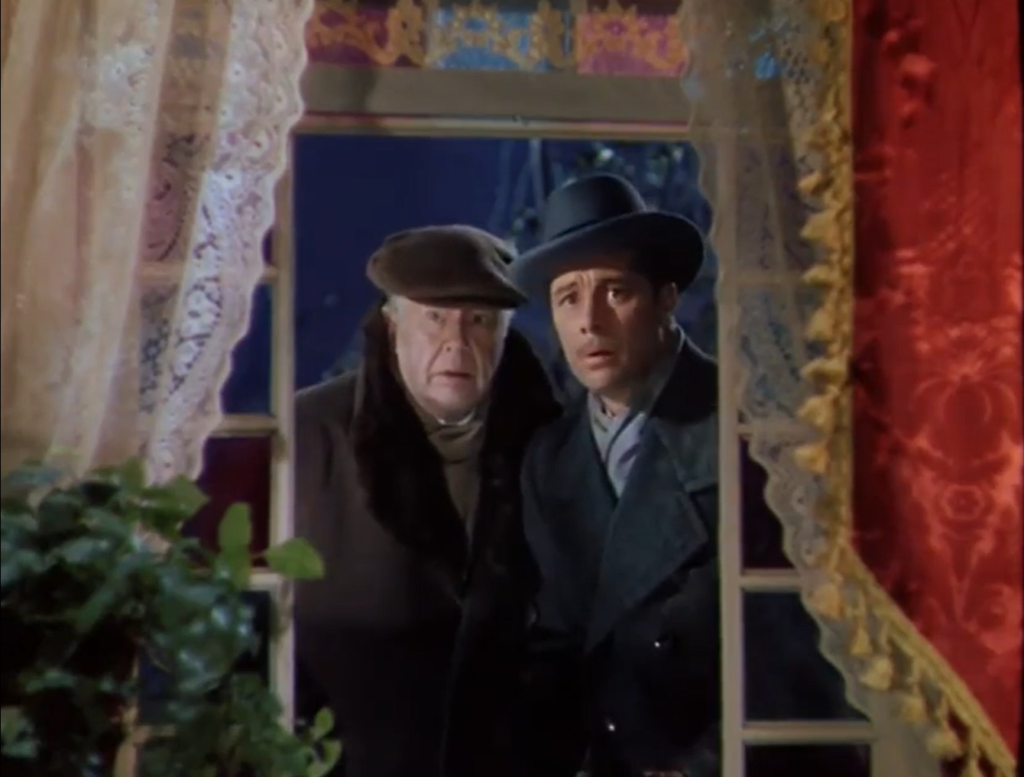
One thought on “Heaven Can Wait (1943)”
A once-must for its place in cinema history.
Although I certainly admire much in the delicacy of Lubitsch’s work overall, I can’t say he’s among my favorite directors. (A little soft for me, in general.) Still, a number of his films do need to be seen by ffs, and this is definitely one of them. For what the film is (and that’s not meant to sound at all harsh), it’s handled exquisitely. It’s lovely to look at and nicely acted. If I don’t say it’s ‘wonderfully’ acted, that’s due to the superficial nature of most of the characters – with the exception of a handful, most of them are surface portraits, so there’s not much need to actually act them. Most of the well-assembled cast merely have to be good at being stereotypes – which they do well.
There are, of course, the exceptions in the cast who are afforded roles a bit more full-bodied: Ameche (who has his best lines when his character is young and even more impetuous), Tierney, Charles Coburn (as Ameche’s father) and Marjorie Main and Eugene Pallette (as Tierney’s parents). (Although special mention should be made of Allyn Joslyn, as Ameche’s cousin Albert, and Signe Hasso as Mademoiselle; both bring a refreshing depth to their roles.)
‘HCW’ is an easy film to like while you’re watching it – the time passes gently enough for you – but I don’t see it as something one would want to return to much. It’s a type of film I refer to as “lacking in secrets”: pretty much, once you’ve seen it, you’ve seen it, and there’s not a whole lot to discover on a return viewing. It’s a very simple, straightforward, pleasant entertainment.
I do have two fave scenes (which I think exhibit some of the film’s best writing and are both hilarious):
1) Main and Pallette are quite memorable (and very ably assisted by Clarence Muse as Jasper the butler) when they fight over who gets to read the funny papers at breakfast.
2) Joslyn is delicious when he tries once again to woo Tierney by comparing himself, in detail, to a suit of clothes.
There is also an amusing bit early on, when Cregar is dealing with someone he clearly wants to keep in Hell – and right away! (And, I must say, the vision of Hell – as symbolized by Cregar – is certainly…different. Civilized, somehow. Or maybe that’s just how it looks in the waiting room.)
[Note: Warren Beatty’s 1978 film of the same title is not, of course, a remake of this Lubitsch film, but it is a remake…of ‘Here Comes Mr. Jordan’. I had to remind myself of that.]